In today’s world, the way classroom activities are being carried out, most studies involves the use of certain technologies. How then do we know how our wards are growing academically?
Like Diane Ackeman said,
“Play is our brain’s favourite way of learning”.
Introduction of classroom games can go a long way in aiding a child’s mental capabilities. When playing games, students become more engaged in their learning, taught content is easily assimilated and class positivity is increased. Here are few ways in which it is of a great advantage to our kids.
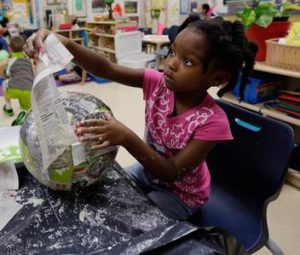
Photo Credit: Washington Times
Memory Capacity: Some games require the child doing a lot of memorizing, through this, they are able to memorize certain words and key points needed thereby increasing as well as improving their mental capabilities.
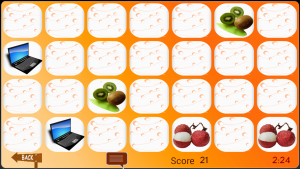
Photo credit: Google Play
Alert Attention: Children love games and they tend to pay more attention to what is being done or how the game is being played. This helps in building an alertness in them.

Photo credit: fabmags.co.za
Hand-Eye Coordination: This develops a child’s ability to control a mouse or keyboard while watching the screen of a system at the same time when the game is on or a manual game being played.

Photo credit: blogs-journal star
New Knowledge: Various educational games open the child to new knowledge of things around them, also concerning their future studies.

Photo credit: LEGO Foundation
Fast Strategic Thinking and Problem Solving Capabilities: Some games require the kids to do some thinking in a fast pace. This in turn helps them grow in a smart way and aids them when it entails them to use their cognitive reasoning to solve certain life issues.
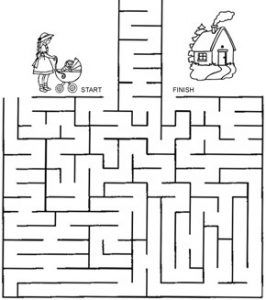
Photo credit: Pinterest
Less Stress: Games have a way of easing tensions and stress in that they help one relax. Games such as colouring helps the child relax after the day’s activities. This also helps develop the child’s ability to art works.


Photo credit: Pinterest
Skill Building: Skill building starts from an early age. Games that requires a child making things or developing a skill helps them when they are all grown. Example of such games includes baking, beads making etc.
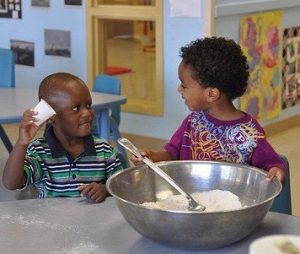
Photo credit: childrenwithchallengingbehavior.com
Class Cooperation: Playing games can be fun but just making our kids have fun and learning are not the only things one wants to achieve. Class cooperation is being built as a result of this. Children learning in groups brings them together to sharing ideas and working together. This in turn builds them up for the outside world.
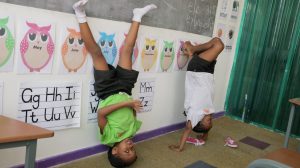
Photo credit: Skateistan
What are the types of games your child is involved in in school? Let’s know in what ways this has helped them. Here are schools with various activities that engage kids to have fun while learning.
Learning math with Bingo: There are many variations of bingo games you can use in the classroom to encourage kids to deal with simple math problems.
For example, Decimal Bingo (put decimals on the card and call out the numbers), Arithmetic Bingo (readout sums, subtractions, divisions, and multiplications – kids should find the answers on their cards), Roman Numeral Bingo (fill the squares with roman numerals and call them out). Be creative and invent your version of a bingo game.
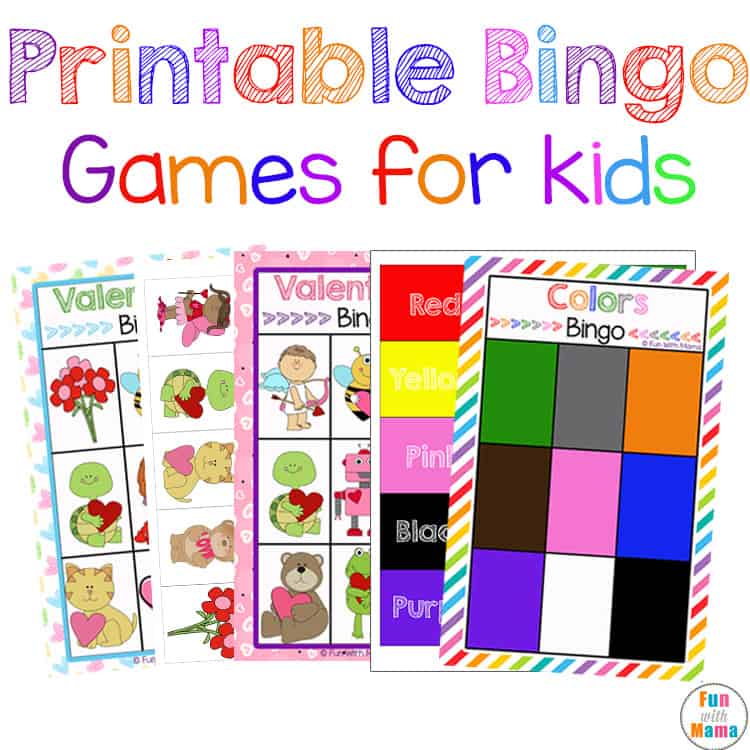
To learn more on classroom games and its benefits visit teachhub, teachtaught.
